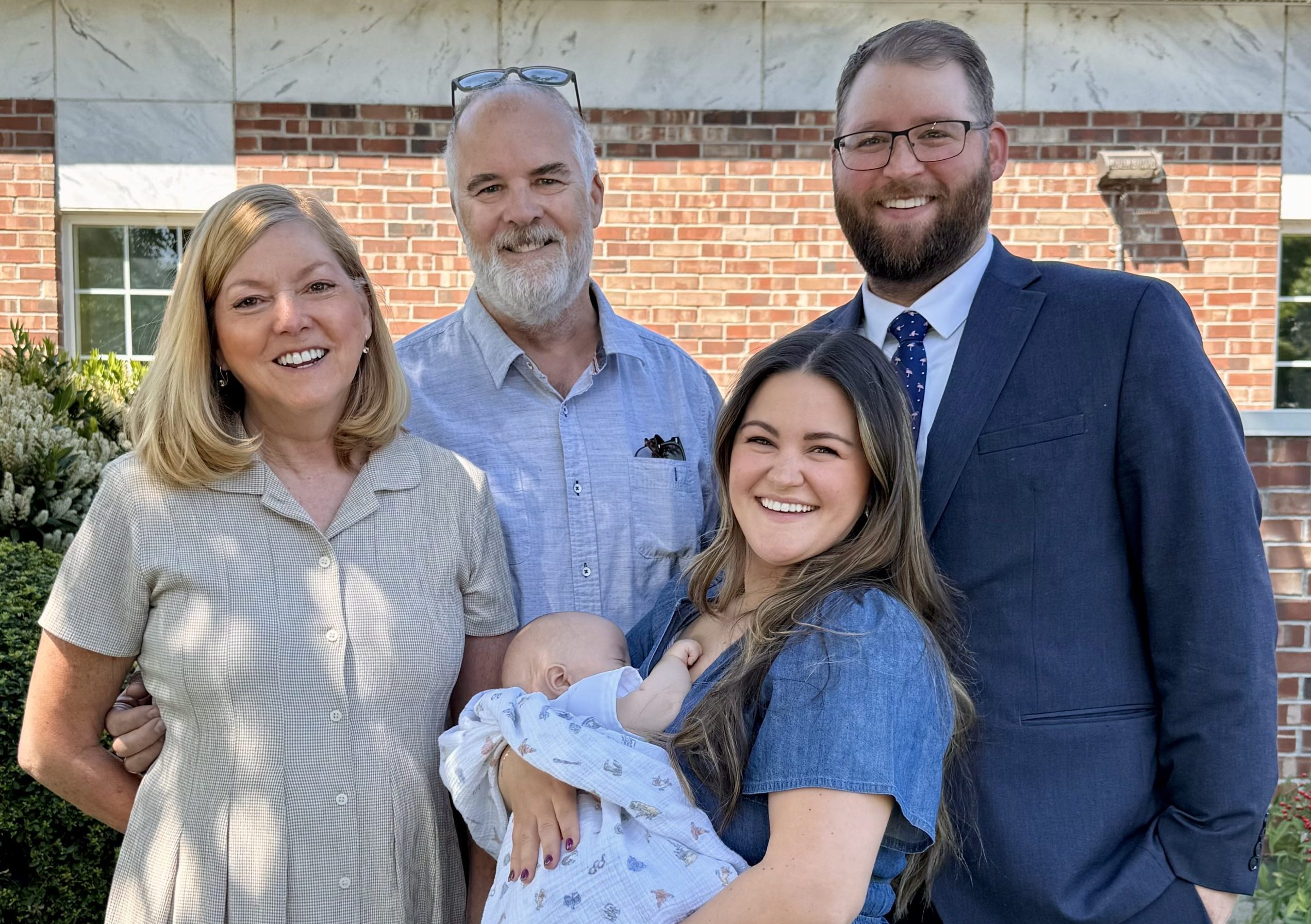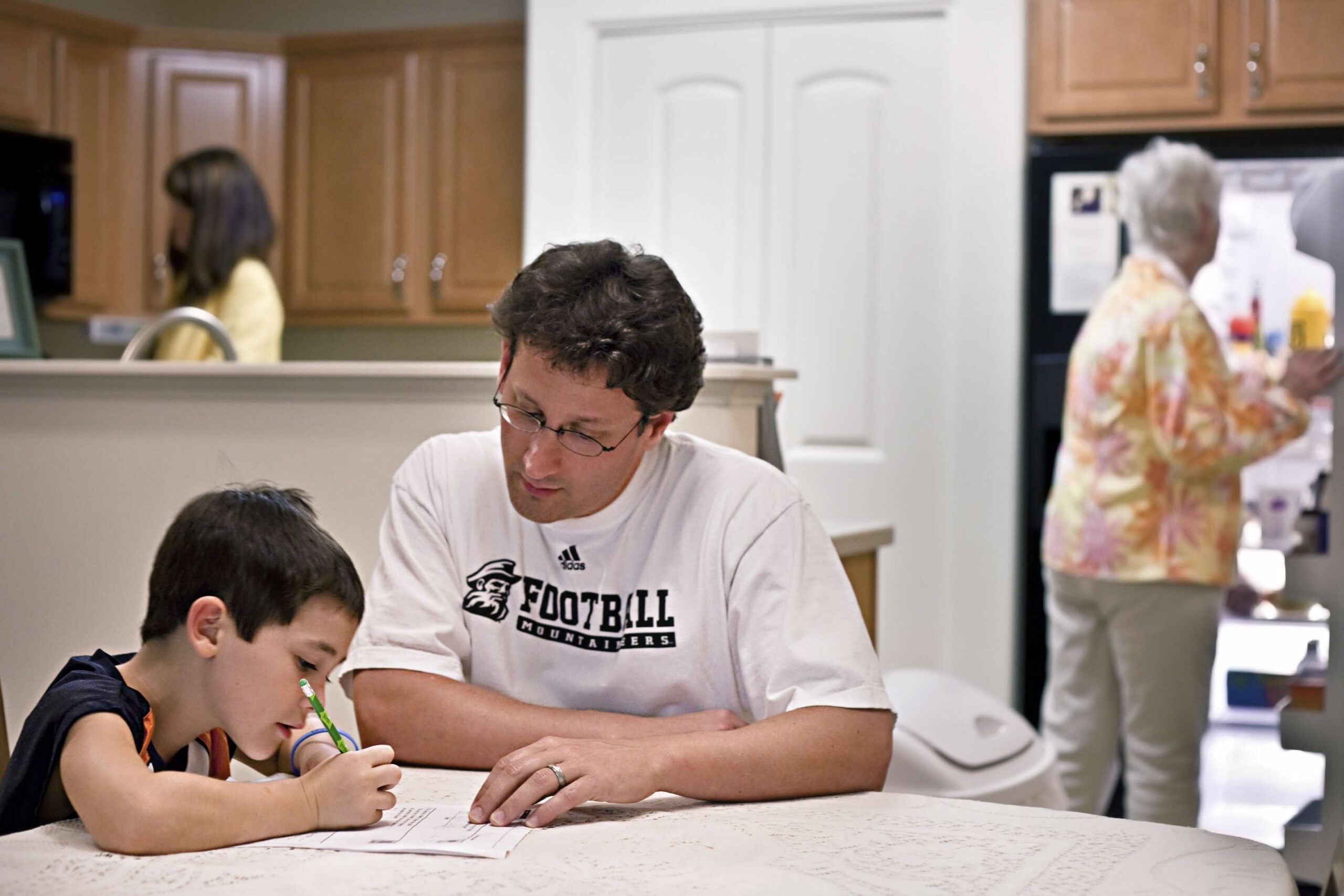- About Aphasia
- Living with Aphasia
- Resources & Support
- Research
- Get Involved
About Aphasia
Living with Aphasia
Resources & Support
Research
Get Involved




